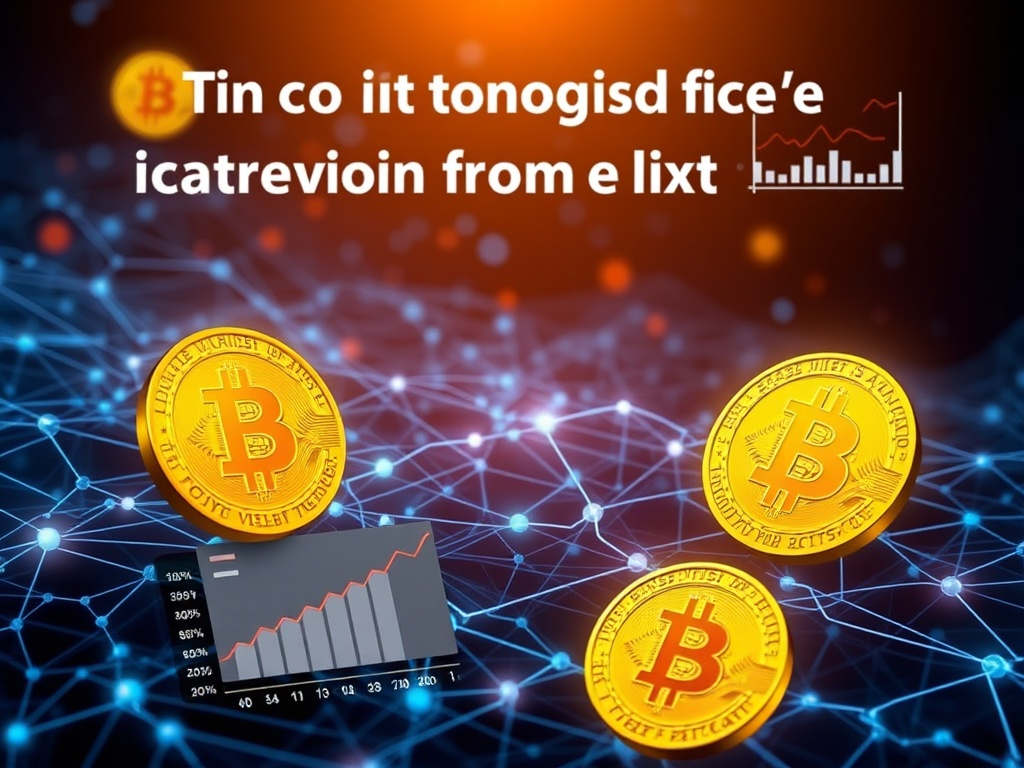The famous digital asset management company Galaxy Digital has released a new report warning of structural challenges that may threaten the future and long-term sustainability of the Bitcoin network.
The report clarified that the Bitcoin network is at risk of declining from being an active transaction ecosystem to merely a 'facade settlement layer' lacking real activity. The main reason for this is the decline in on-chain activity, along with the significant drop in revenue from fees that miners rely on.
Since the fourth halving event in 2024, the block reward has dropped to 3.125 Bitcoin, while transaction fees have not increased to compensate for this shortage. Data indicates that the average daily transaction fees have fallen to the lowest level since 2011, with about 15% of blocks being 'empty', and nearly half of the blocks do not reach the maximum allowed capacity, reflecting a clear weakness in demand for using the network.
The report also noted that fees have declined by over 80% daily since April 2024, due to the waning momentum of applications like Ordinals and Runes, which had temporarily created demand for network usage.
Moreover, a large portion of liquidity is no longer appearing on-chain; as spot ETF funds currently hold approximately 1.3 million Bitcoin, or about 6.5% of the total circulating supply, and these assets are frozen in institutional custody wallets and do not contribute to generating new fees. In contrast, speculative activities like NFT trading and meme coins have shifted to low-cost alternative networks like Solana, while second-layer solutions like the Lightning Network have captured the payments and small transactions segment, weakening demand for the core Bitcoin network.
The report also indicated that OP_RETURN transactions, which constituted 40%-60% of activity during the peak of the Runes frenzy, have dropped to about 20% currently. Although this has alleviated network congestion, it has simultaneously reduced an important source of fees.
Researchers warn that this decline in revenue structure could directly impact the security of the network; as the income of miners decreases, some may be driven to shut down their devices, leading to reduced hash power and increased risks of the network being exposed to 51% attacks.
Galaxy researcher Alex Thorn confirmed that relying solely on block rewards is no longer a sustainable model for network security, especially in light of the rise of 'paper Bitcoin' represented by ETF shares that mimic ownership of Bitcoin without adding actual activity to the chain.
The report concluded by emphasizing that Bitcoin is currently at a critical juncture, as the ecosystem must balance its role as a value store asset akin to 'digital gold' with maintaining its role as an effective financial settlement network.
#Bitcoin #Digital_Currencies

